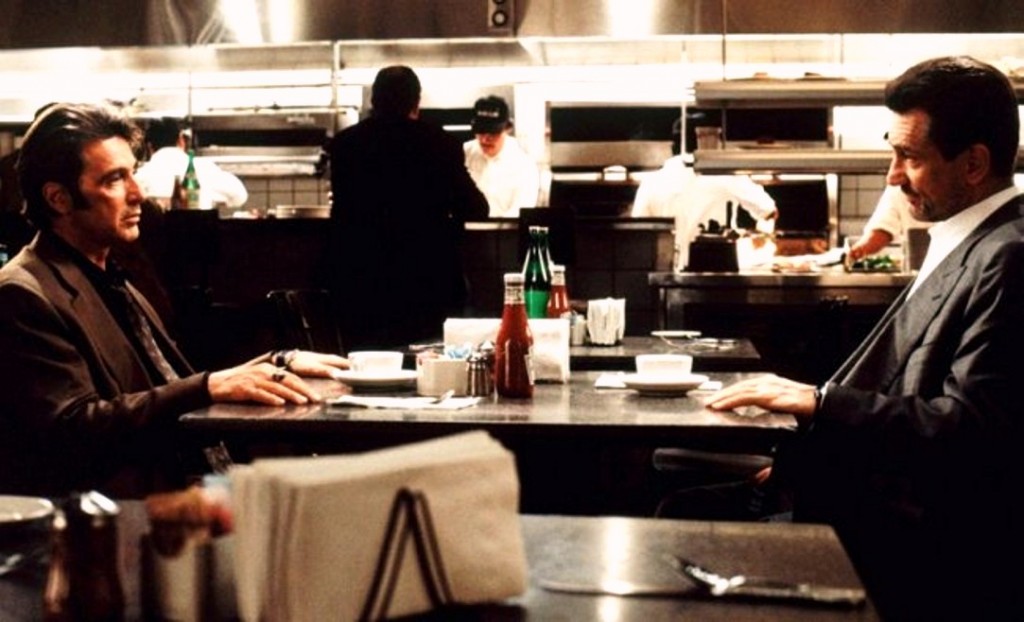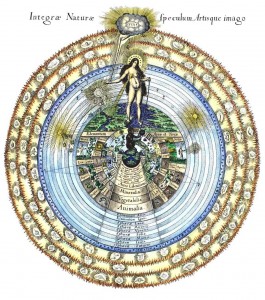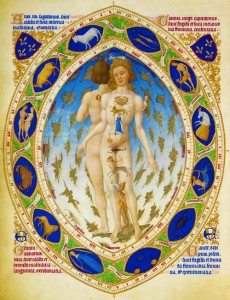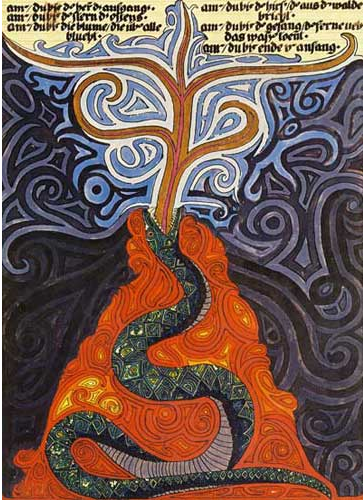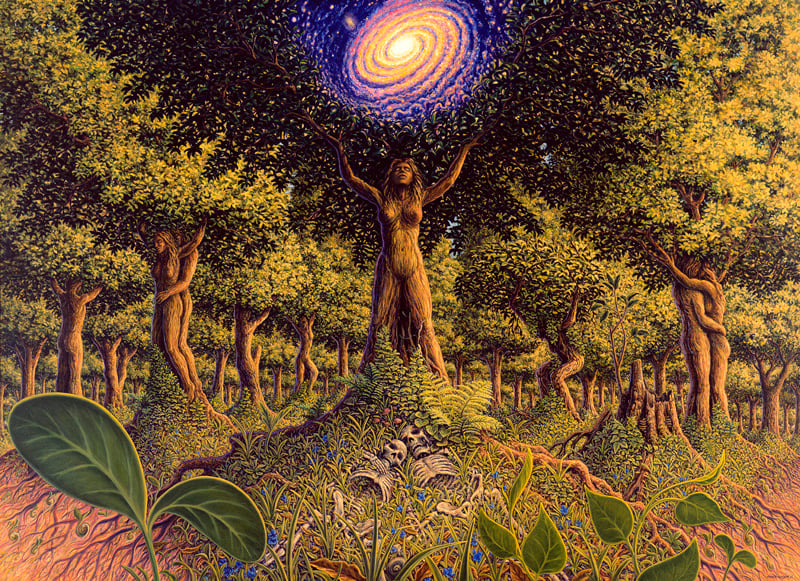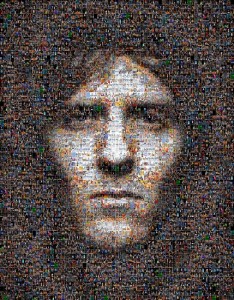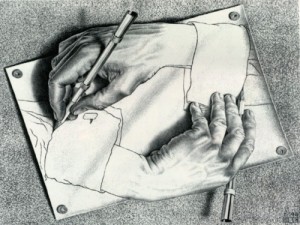You thought it wasn’t possible. You thought it couldn’t be done. But I have lived to tell the story! I’m here to tell you that you can sit down with that person from the Internet who you think hates you and have a civil, even friendly, conversation. Tonight, I had Pagan Tea Time over Skype with Sannion and Galina Krasskova … yes, that Sannion and that Galina. We even talked about polytheism and Paganism. In fact, that’s pretty much all we talked... Read more

